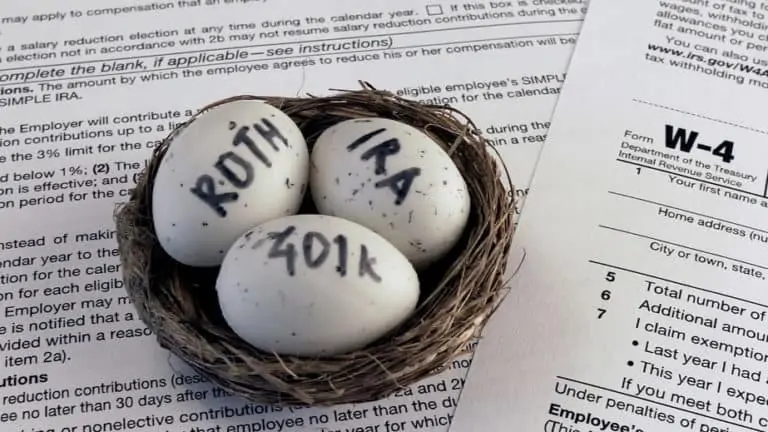Cutter family finance
Blog

Marriage . . . It’s a Full-Time Job!
Some key stressors in marriage often include raising children, potentially differing family values, busy daily schedules, etc. Add in money problems, and things can get difficult fast since money and emotion are often closely intertwined.

Need to Tap into your Retirement Funds? Here’s How to Minimize the Damage
It is not surprising to learn that smart investors understand early on that saving for retirement is crucial to ensure a successful retirement, and in particular the benefits of allowing your savings time to grow over decades. The power of compound interest, when allowed to perform over the long haul without interruption, can allow you to accumulate significant savings by the time you retire without having to sacrifice your standard of living during your working years. And financial experts agree almost unanimously that the funds you set aside for retirement should be revered and left untouched.

Empower the Girls In Your Life With These Financial Lessons
What is important to note here is that for women to be truly empowered, they need to be informed – and financial education is a critical component for their success. Jill and I have been adamant that we teach our own girls about the importance of being fiscally responsible because it’s one life skill they need to master, yet it’s rarely taught in schools. Understanding how to earn, save, and spend responsibly sets the foundation for their financial independence and success.
Over the years we have used opportunities that crop up in everyday life to share lessons in a practical way. And with our time together this week, I’d like to share with you my Top Five Money Tips for Girls.

Markets Making You Nervous? You Can Plan for That.
To say that this year has started with an economic climate that many folks are not familiar with, well, that would be an understatement. The

It’s Not About How Much You Make. It’s About How Much You Keep
When I entered the world of finance, I found myself drawn to the idea of comprehensive financial management. Budgeting, planning, saving, investing, all of it was exciting to me and I worked with many clients who were high-earning professionals in their own right. But I was struck by how many of them, despite earning six figures or more, saved very little. They spent almost everything they made.

2023’s Social Security Increase – Is It a Financial Boon or a Tax Bomb?
For many retirees receiving Social Security benefits, it’s easy to be frustrated. 2023 ushered in an 8.7% increase, the largest raise in Social Security benefits in over forty years.
Topics
Topics

Marriage . . . It’s a Full-Time Job!
Some key stressors in marriage often include raising children, potentially differing family values, busy daily schedules, etc. Add in money problems, and things can get difficult fast since money and emotion are often closely intertwined.

Need to Tap into your Retirement Funds? Here’s How to Minimize the Damage
It is not surprising to learn that smart investors understand early on that saving for retirement is crucial to ensure a successful retirement, and in particular the benefits of allowing your savings time to grow over decades. The power of compound interest, when allowed to perform over the long haul without interruption, can allow you to accumulate significant savings by the time you retire without having to sacrifice your standard of living during your working years. And financial experts agree almost unanimously that the funds you set aside for retirement should be revered and left untouched.

Empower the Girls In Your Life With These Financial Lessons
What is important to note here is that for women to be truly empowered, they need to be informed – and financial education is a critical component for their success. Jill and I have been adamant that we teach our own girls about the importance of being fiscally responsible because it’s one life skill they need to master, yet it’s rarely taught in schools. Understanding how to earn, save, and spend responsibly sets the foundation for their financial independence and success.
Over the years we have used opportunities that crop up in everyday life to share lessons in a practical way. And with our time together this week, I’d like to share with you my Top Five Money Tips for Girls.

Markets Making You Nervous? You Can Plan for That.
To say that this year has started with an economic climate that many folks are not familiar with, well, that would be an understatement. The

It’s Not About How Much You Make. It’s About How Much You Keep
When I entered the world of finance, I found myself drawn to the idea of comprehensive financial management. Budgeting, planning, saving, investing, all of it was exciting to me and I worked with many clients who were high-earning professionals in their own right. But I was struck by how many of them, despite earning six figures or more, saved very little. They spent almost everything they made.

2023’s Social Security Increase – Is It a Financial Boon or a Tax Bomb?
For many retirees receiving Social Security benefits, it’s easy to be frustrated. 2023 ushered in an 8.7% increase, the largest raise in Social Security benefits in over forty years.
